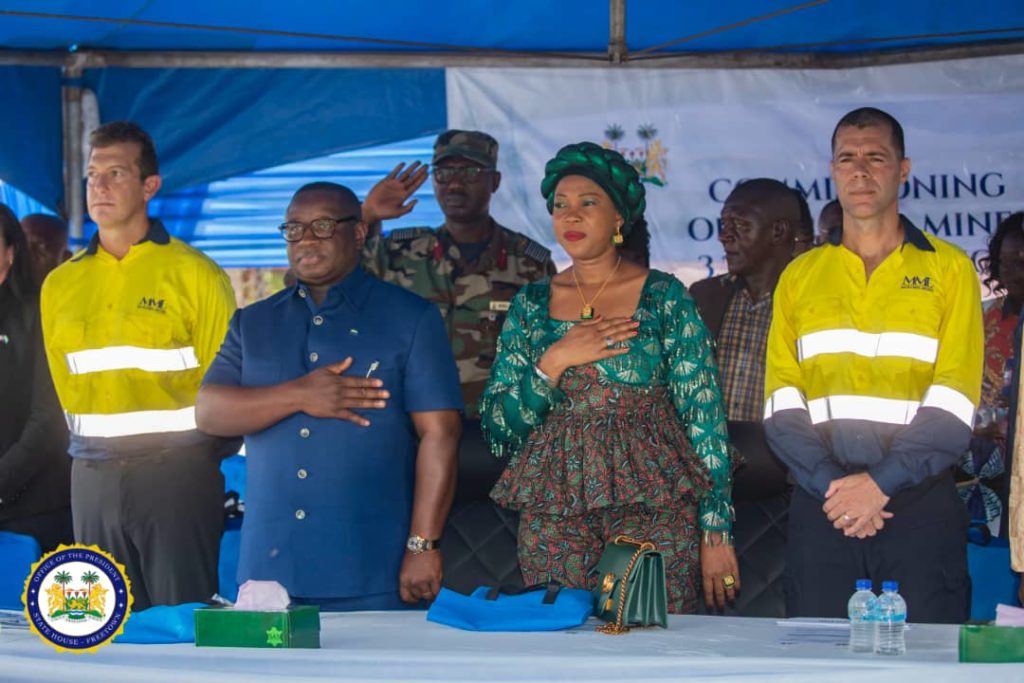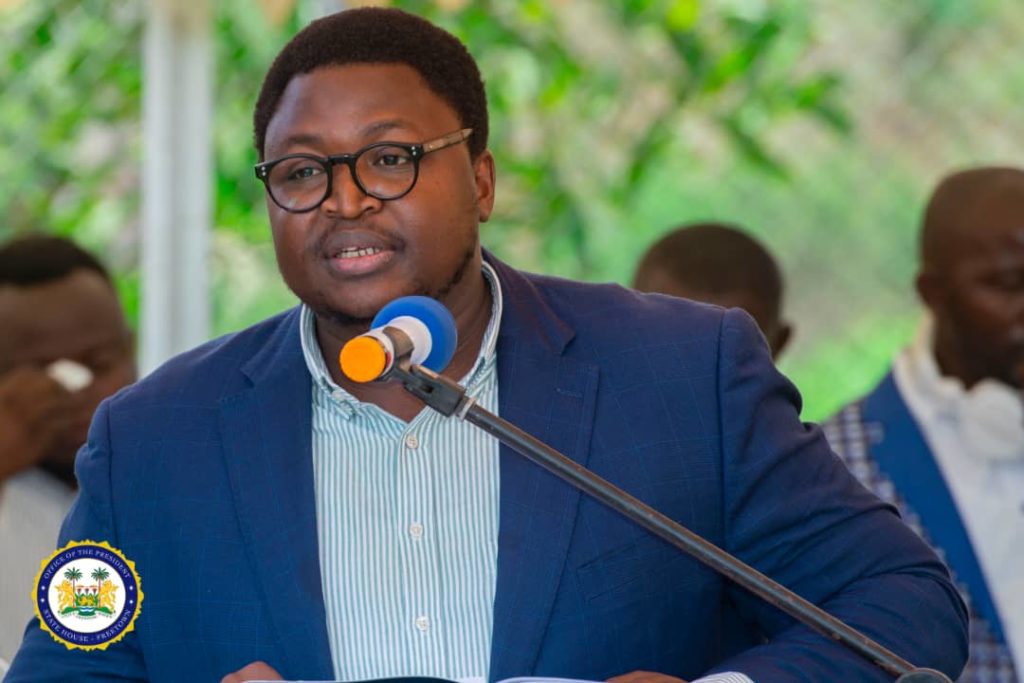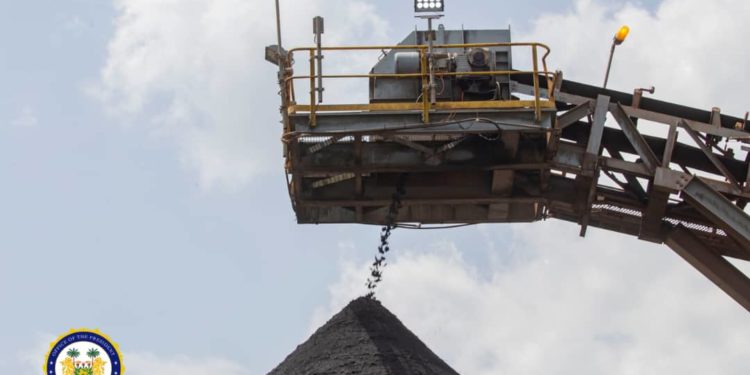The US-owned iron ore miner Gerald Group has announced plans to ramp up its production in Sierra Leone, reaffirming the country’s position as a major player in the mineral sector.
An official said the company intends to increase production to seven million tonnes per annum by next year.
“We want to have a bigger scale of production that will be beneficial to the people and government of Sierra Leone and our company,” Craig Dean, Gerald Group’s Executive Chairman and Chief Executive Officer, said Thursday at a ceremony marking the inauguration of the expansion project in Lunsar.
Gerald Group, which describes itself as the world’s largest independent, employee-owned metal trading company, operates in Sierra Leone through its Marampa Mines Limited (MML) subsidiary. The Marampa Mines is located in Marampa in the northern town of Lunsar in the Port Loko district.
President Julius Maada Bio presided over the commissioning ceremony of the project.
Officials say the new facility will enable the miner to produce 3.25 million dry tonnes per annum (DMTPA), up from 2 million DMTPA.
Based in London, Gerald Group acquired the 25 years concession for Marampa Mines in 2017.
Marampa is believed to hold an estimated one billion tonnes of iron ore with a potential lifespan of 30 years. The mine produces a high-grade iron ore concentrate of 65%, branded “Marampa Blue”.
Marampa was initially operated by London Mining, which acquired it in 2006, after been moribund for decades, partly due to the 1991-2002 civil war. Full scale operation of the mine started in 2011, the same time Sierra Leone’s mining boom took off, before it was disrupted in 2014 due to the devastating West African Ebola epidemic.

London Mining went into administration, alongside another mining giant, African Minerals.
Gerald Group initially operated in Sierra Leone under the name SL Mining, until 2019 when its licence was canceled over alleged breach of the licence agreement. The government accused the company of failing to pay royalty on exported iron ore, among other charges.
The government ordered the company to pay a $1 million performance bond as a condition to lift the suspension of its licence. The company alleges extortion.
The move ensued a nearly two years legal battle that ended in an out-of-court settlement in mid 2021.
Part of the settlement agreement was for the parties to renegotiate the mining licence agreement. And the Sierra Leone government was given a 10 percent “non-dilutable interest” in the new company.
The suspension of SL Mining’s licence became a political issue.
The company was initially granted the licence by the APC-led administration of Ernest Bai Koroma.
The SL Mining agreement was the subject of investigation by the Commission of Inquiry that was established to look into the activities of the Koroma administration.
The cancellation of operations crippled the local economy in Lonsar, which is an opposition dominated town. It led to a deadly riot in May 2020. Supporters of the SLPP-led Bio administration accused officials of the company of inciting the violence, and top executives of the company were briefly detained for alleged incitement.
The new agreement paving the way for the creation of MML was signed in May 7 2021, according to media reports.
The Gerald CEO praised the “leadership” of the Bio- administration in “in settling the dispute,” according to a news release from the presidency.
President Bio was also quoted telling the gathering that his administration believed that the mining sector was so critical to national development that it made sure for the country to be a low-risk investment destination.
“As a Government, we urge investors to be patient, open, and engaging and we will do everything necessary to nurture a very healthy relationship – one that fosters goodwill, and from which the investors can register healthy profits and reinvest or repatriate those profits” the president said in a statement.

MML says it employs over 2,000 Sierra Leoneans, about 40% of whom are said to be women.






















